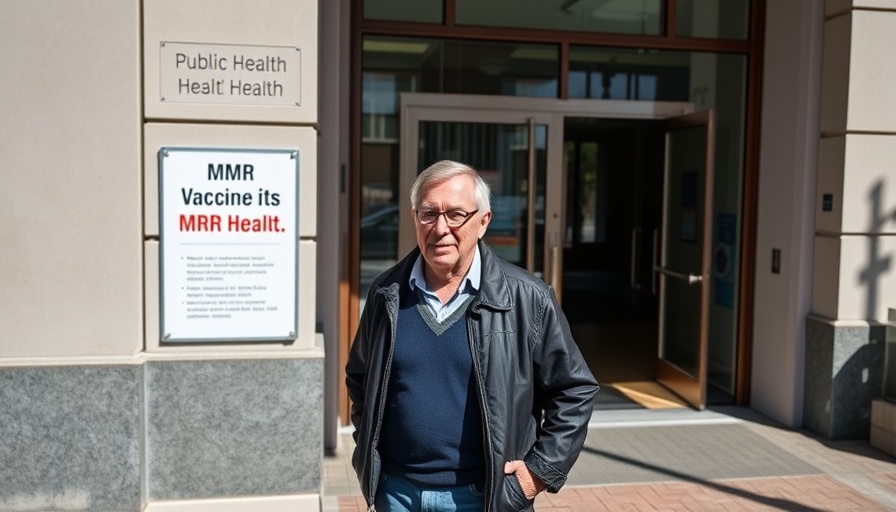
Alarming Decline: The Truth About Measles Vaccination Rates
In a troubling turn of events, a new study reveals that childhood vaccination rates for measles, mumps, and rubella (MMR) have significantly decreased across the United States since the onset of the COVID-19 pandemic. Conducted by researchers at Johns Hopkins University and published in JAMA, this study highlights the urgent need for community awareness and action to combat this public health crisis.
The Numbers Tell the Story
The study analyzed MMR vaccination rates in 2,066 counties across 33 states. Alarmingly, 78% of these counties reported a decline in vaccination figures, with the average county-level rate dropping from nearly 94% pre-pandemic to about 91%. This decline poses a substantial risk to achieving the herd immunity threshold, which is generally considered to be above 95%. Herd immunity is crucial for protecting those who cannot be vaccinated, such as infants and individuals with certain health conditions.
Why is This Happening?
Experts attribute the drop in vaccination rates to several factors that have emerged during the pandemic. Misinformation regarding vaccines has proliferated on social media platforms, sowing doubt among parents about the necessity and safety of vaccines. Additionally, disruptions in healthcare access, stemming from the pandemic, have made routine vaccinations difficult for many families.
The Impact of Low Vaccination Rates
The implications of declining vaccination rates are severe. Reported measles cases have surged, with 1,088 confirmed cases logged in 33 jurisdictions as of May 29 this year. A staggering 96% of these cases involved unvaccinated individuals or those with unknown vaccine statuses. In 2025 alone, there have already been 14 outbreaks and unfortunate fatalities linked to measles complications, exclusively among the unvaccinated population. The last measles-related death prior to this year occurred in 2015, underscoring the significance of maintaining high vaccination coverage.
The Vaccination Landscape in Your Community
For residents of the Grand Strand—Myrtle Beach, North Myrtle Beach, Surfside Beach, Little River, Pawleys Island, Murrells Inlet, Garden City, Litchfield Beach, Georgetown, Cherry Grove, Ocean Drive, Crescent Beach, and Windy Hill—the findings bear immediate importance. Ensuring your child is vaccinated not only protects them but helps safeguard your entire community from potential outbreaks.
What Can You Do?
Getting vaccinated remains the most effective way to prevent measles. The MMR vaccine is both safe and proven effective, providing lifelong protection after completion of the series. Parents are encouraged to consult with pediatricians about vaccination schedules, while also addressing any concerns about vaccine safety. Engaging with community health initiatives and school vaccination campaigns is vital for reinforcing vaccination rates in your neighborhood.
Looking Ahead: Community Action and Awareness
As we progress through 2025, it is imperative to prioritize community awareness of vaccination importance. Local health organizations can play a pivotal role in disseminating accurate information, organizing vaccination drives, and encouraging parents to keep up with immunization schedules. With increased awareness and proactive measures, we can work together to restore and improve vaccination rates, thereby protecting our children, families, and the broader community.
In conclusion, the data presented by the Johns Hopkins study serves as a wake-up call. The responsibility to ensure the health of our community rests on our shoulders. Let’s commit to staying informed, advocating for vaccination, and fostering a healthy environment for our youth.
 Add Row
Add Row  Add
Add 





Write A Comment